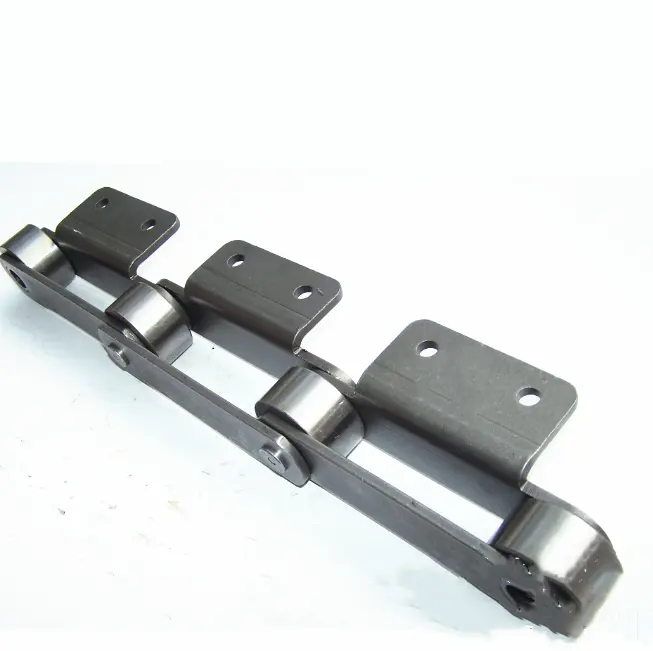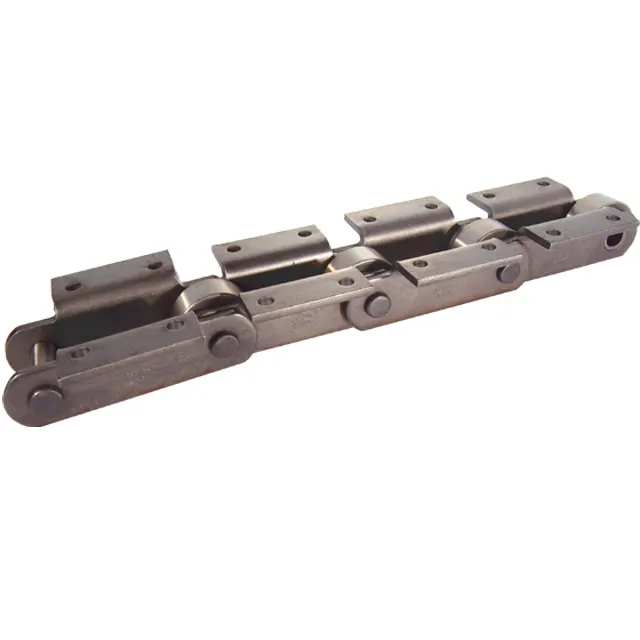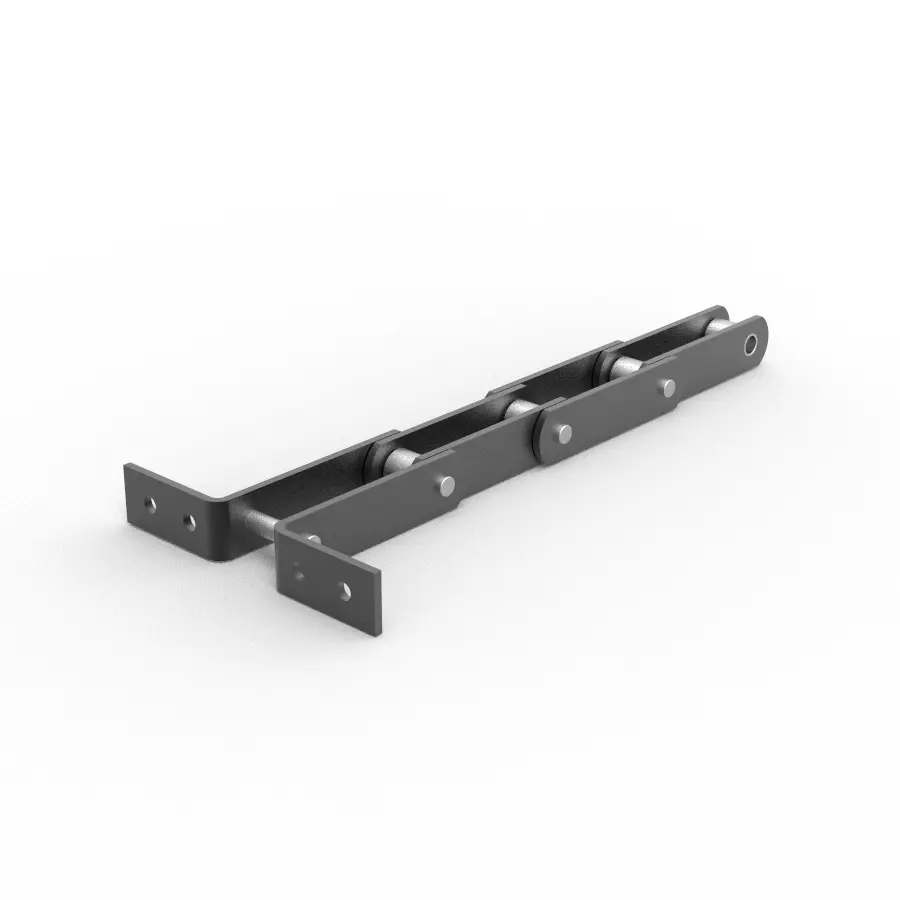Product Description
OEM or ODM service available
Special sizes can be produced according to customers’ requirements.
Mainly used in Industry and Lifting .
Customized requirements are welcome!
| Commodity name | Chain Retainer / Chain Connector |
| Brand name | XIHU (WEST LAKE) DIS. |
| Usage | Lifting and connecting, Wire rope fittings, Chain fittings, Marine hardware fittings |
| Main standard | US, EN, DIN |
| Material | Carbon steel, Alloy steel, Stainless steel 304 or 316 |
| Finish | Hot Dipped Galvanized, Electro Galvanized, Color Painted, High polished, Mirror Polished |
| Technology | Drop Forged, Casting, Polished |
| Size | Different size available ( 5/16 to 3/8) |
| M.O.Q | 100PCS per Size |
| MBS | 6 times WLL or 4 times WLL |
| Packing | Gunny bag or carton and pallet / by customer requirements. |
| Delivery time | 15-30days after order confirmation |
| Payment term | T/T, L/C, Western Union |
| Business type | Manufacturer, trading |
| Certifications | ISO9001,CE,BV,SGS |
| Notes | Special specifications and marks can be made according to customers requirements. |
|
Question |
Answer |
|
1Can you offer OEM &ODM? |
Our company accept OEM&ODM, if your need it, please inform us of your specific requirements. |
|
2What is the MOQ of your rgging product |
The MOQ is different due to different kinds of rigging accessory, mix orders is ok and 100pieces can also be accept |
|
3 I don’t trust your products quality, can you provide samples? |
Yes, we can offer you samples, but you need to pay ,the sample fee will refund to you after your first order. |
|
Are you a factory or a trade company? |
We are factory , welcome to visit our factory at any time. |
|
How to start Chain business?smart home system |
1) HangZhou Xihu (West Lake) Dis. Rigging Co., LTD provide you professional suggestion and solution of Chain upon your needs. TAIYITO Wireless Zigbee Home Automation Devices |
/* January 22, 2571 19:08:37 */!function(){function s(e,r){var a,o={};try{e&&e.split(“,”).forEach(function(e,t){e&&(a=e.match(/(.*?):(.*)$/))&&1
| Usage: | Transmission Chain |
|---|---|
| Material: | Carbon Steel, Alloy Steel |
| Surface Treatment: | Baking Paint |
| Feature: | Oil Resistant |
| Chain Size: | 5/16 to 3/8 |
| Structure: | Welded Chain |
| Customization: |
Available
| Customized Request |
|---|

How do mill chains handle material flow and transfer in bulk handling applications?
Mill chains are specifically designed to handle material flow and transfer in bulk handling applications with efficiency and reliability. These chains are widely used in various industries, such as agriculture, mining, construction, and more, where bulk materials need to be transported in large quantities. Here’s how mill chains achieve material flow and transfer:
1. Robust Construction: Mill chains are constructed using high-quality materials, such as alloy steel, which provides excellent strength and durability. Their robust design allows them to handle heavy loads and withstand the stresses of continuous material transfer.
2. Precise Alignment: The design of mill chains ensures precise alignment between the chain and sprockets. This alignment helps to maintain a smooth and consistent material flow, reducing the risk of jams or blockages in the system.
3. Flexibility: Mill chains are flexible enough to adapt to various conveyor configurations, including inclined or declined conveyors. This flexibility enables them to efficiently transport materials across different terrains and elevations.
4. Low Friction: Mill chains are designed to minimize friction during operation. This low friction characteristic reduces the energy consumption and wear on the chain, resulting in a longer service life and improved material transfer efficiency.
5. Adaptability: Mill chains are suitable for handling a wide range of bulk materials, including grains, aggregates, ores, coal, wood chips, and more. Their adaptability makes them a versatile choice for different industries.
6. Conveyor Systems: In bulk handling applications, mill chains are commonly used in conveyor systems. These systems utilize rotating sprockets to move the chain, and the material is carried along the conveyor’s path, ensuring a continuous flow of materials from one point to another.
7. Bucket Elevators: Mill chains are often employed in bucket elevators, which lift and transfer bulk materials vertically. The buckets attached to the chain scoop up the material and discharge it at the desired location, providing an efficient material handling solution.
Overall, mill chains are essential components in bulk handling applications, ensuring the smooth and consistent flow of materials in various industrial processes. Their reliable performance, strength, and adaptability make them a preferred choice for material transfer in many industries.

What are the temperature limits for mill chains in various environments?
Mill chains are designed to operate within specific temperature ranges depending on the materials they are made of and the intended application. The temperature limits for mill chains can vary based on the environment in which they are used. Here are some common temperature limits for mill chains in various environments:
- Ambient Temperature: Mill chains made of standard carbon steel or stainless steel can typically handle ambient temperatures ranging from -20°C to 150°C (-4°F to 302°F). These chains are commonly used in general material handling applications and conveyor systems.
- High-Temperature Environments: For applications involving high temperatures, such as in steel mills or foundries, mill chains made of heat-resistant materials like alloy steel or specialty coatings can withstand temperatures up to 600°C (1112°F) or more.
- Low-Temperature Environments: In cold storage facilities or freezing environments, mill chains made of materials with low-temperature resistance may be used. These chains can handle temperatures as low as -40°C (-40°F) or even lower.
- High-Temperature Furnace Applications: For use in kilns, ovens, or furnaces in industrial processes, mill chains with specialized heat-resistant materials can endure temperatures exceeding 1000°C (1832°F).
- Chemical and Corrosive Environments: Mill chains used in chemical processing plants or corrosive environments may be constructed with materials such as stainless steel or plastic, which can withstand the specific chemical conditions and temperature ranges associated with those applications.
It is crucial to select the appropriate mill chain based on the temperature requirements of the intended application. Using chains outside their temperature limits can lead to premature wear, decreased performance, and potential safety hazards. Regular maintenance and lubrication are essential to ensure mill chains operate optimally and have a longer service life in their respective temperature environments.

How do mill chains handle shock loads and dynamic forces in material transfer?
Mill chains are designed to handle shock loads and dynamic forces commonly encountered in material transfer applications. They exhibit specific features and properties that enable them to withstand these challenges effectively:
1. High Strength:
Mill chains are typically made from high-strength materials, such as alloy steels, which provide exceptional tensile strength and toughness. This enables them to resist the impact of shock loads without permanent deformation or failure.
2. Fatigue Resistance:
Manufacturers engineer mill chains with excellent fatigue resistance to endure repetitive dynamic forces. They can withstand cyclic loading and unloading, commonly experienced in material handling systems, without developing cracks or failures over time.
3. Robust Construction:
Mill chains feature a robust and precision-engineered construction. They consist of solid pins, bushings, and rollers that distribute loads evenly along the chain’s length. This design helps in minimizing stress concentrations and preventing premature wear or failure.
4. Proper Lubrication:
Appropriate lubrication is crucial to reduce friction, wear, and noise during chain operation. Proper lubrication helps in dissipating heat generated by shock loads and dynamic forces, preventing excessive wear and elongation of the chain.
5. Regular Maintenance:
Regular inspection and maintenance are essential to ensure the proper functioning of mill chains. Any signs of wear, elongation, or damage should be addressed promptly to avoid sudden failure and downtime.
By carefully considering the application requirements, selecting the right mill chain design, and adhering to maintenance best practices, mill chains can reliably handle shock loads and dynamic forces, providing efficient and continuous material transfer in industrial settings.


editor by CX 2024-04-02
